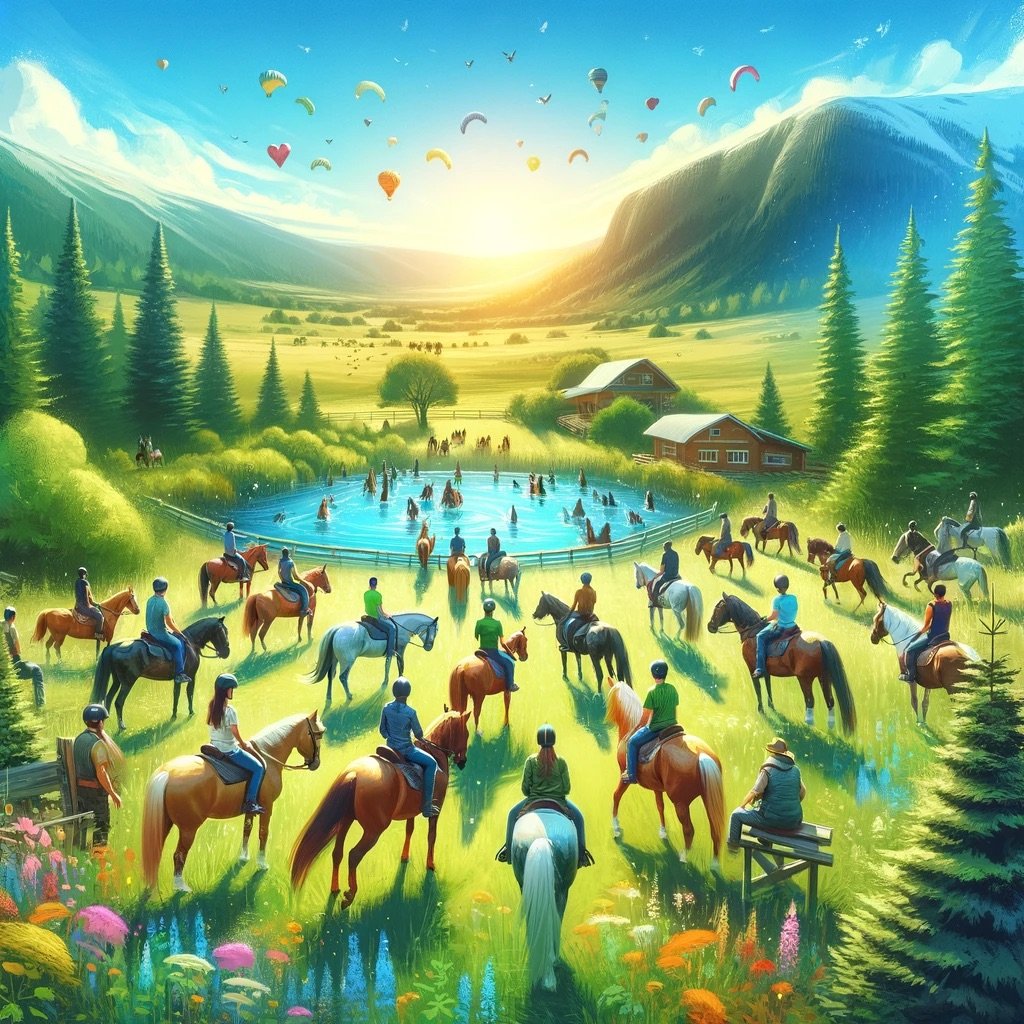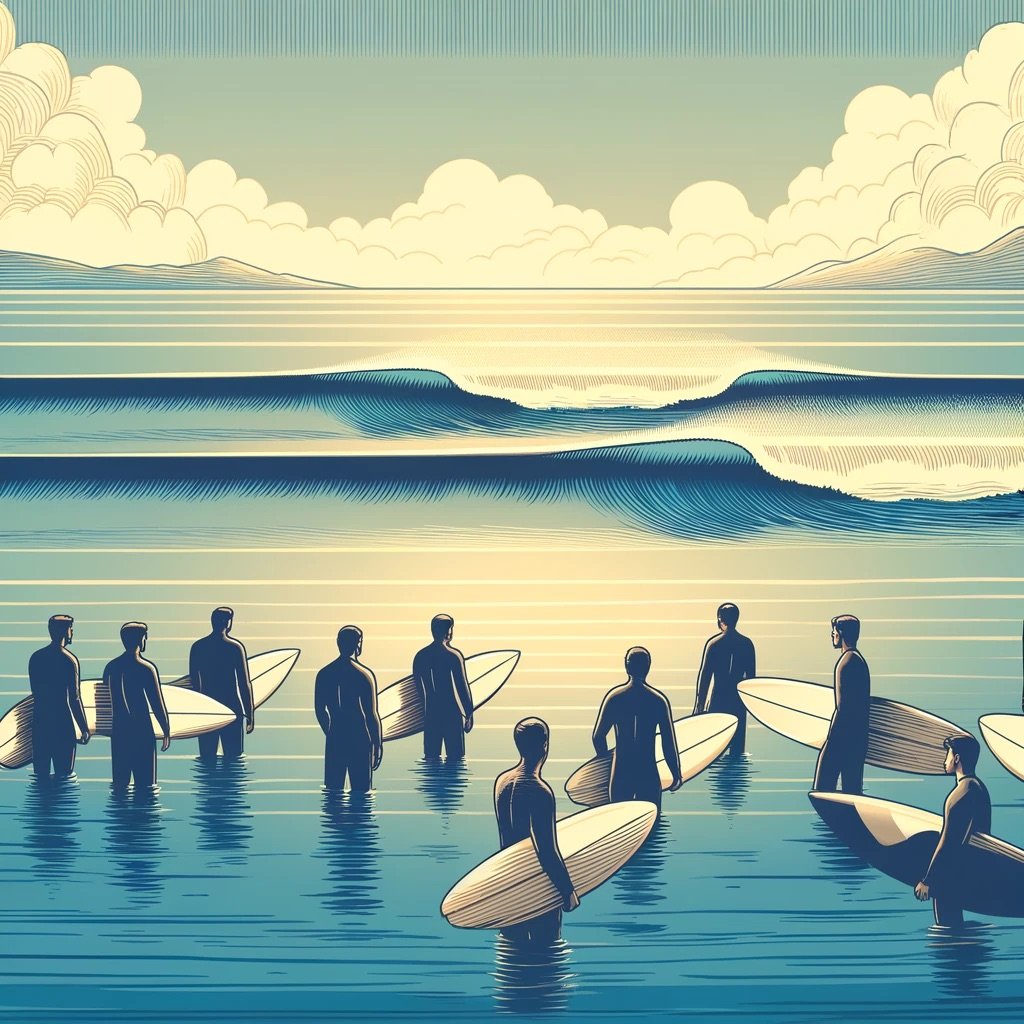Horses have had a profound impact on human life throughout history, influencing various aspects of culture, transportation, agriculture, sports, and even therapy. Here’s an overview of how horses have impacted human life:
1. Transportation: Horses have historically been one of the primary modes of transportation for humans. Before the invention of automobiles, horses were used for riding, pulling carriages, and hauling goods. They played a crucial role in the development of trade routes, exploration, and the expansion of civilizations.
2. Agriculture: Horses revolutionized agriculture by replacing manual labor with horsepower. They were used to plow fields, pull carts loaded with crops, and transport agricultural products to markets. The introduction of horse-drawn agricultural machinery significantly increased productivity and efficiency in farming.
3. Warfare: Horses have been integral to military campaigns throughout history. They were used as cavalry mounts, providing speed, mobility, and firepower on the battlefield. From ancient civilizations to medieval knights and modern armies, horses played a vital role in warfare until the advent of mechanized warfare.
4. Sports and Recreation: Horses are central to various equestrian sports and recreational activities enjoyed by millions of people worldwide. These include horse racing, show jumping, dressage, polo, rodeo, and trail riding. Equestrian competitions showcase the athleticism, skill, and partnership between humans and horses.
5. Therapeutic Benefits: Equine-assisted therapy, also known as horse therapy or hippotherapy, has gained popularity as a form of therapy for individuals with physical, emotional, or developmental challenges. Interacting with horses can promote physical rehabilitation, improve mental well-being, and enhance social skills.
6. Companionship: Horses provide companionship and emotional support to humans, forming deep bonds with their owners and caretakers. Horse ownership fosters responsibility, empathy, and a sense of connection to nature. Many people find solace and relaxation in spending time with horses, whether through riding, grooming, or simply being in their presence.
7. Cultural Symbolism: Horses hold symbolic significance in various cultures and mythologies around the world. They represent strength, freedom, beauty, and nobility in literature, art, and folklore. Horses are often depicted as symbols of power and prestige, revered for their grace and majesty.
Overall, horses have had a profound and multifaceted impact on human life, shaping our history, culture, and daily experiences in countless ways. Their enduring partnership with humans continues to enrich our lives and inspire admiration for these magnificent creatures.
Share this:
- Click to share on Facebook (Opens in new window) Facebook
- Click to share on X (Opens in new window) X
- Click to print (Opens in new window) Print
- Click to email a link to a friend (Opens in new window) Email
- Click to share on LinkedIn (Opens in new window) LinkedIn
- Click to share on Reddit (Opens in new window) Reddit
- Click to share on Tumblr (Opens in new window) Tumblr
- Click to share on Pinterest (Opens in new window) Pinterest
- Click to share on Telegram (Opens in new window) Telegram
- Click to share on Threads (Opens in new window) Threads
- Click to share on WhatsApp (Opens in new window) WhatsApp








